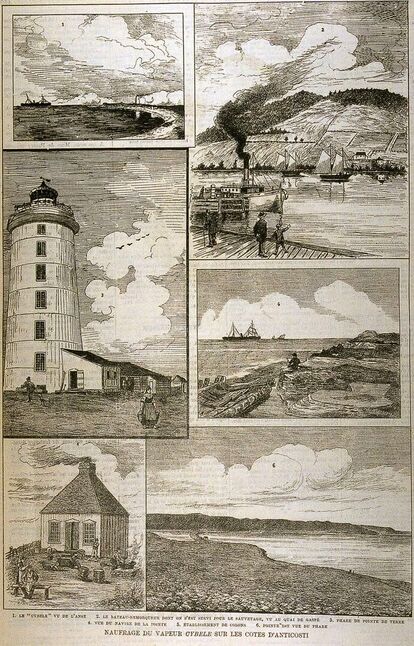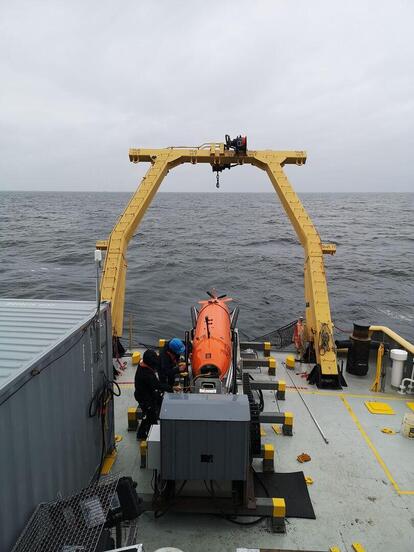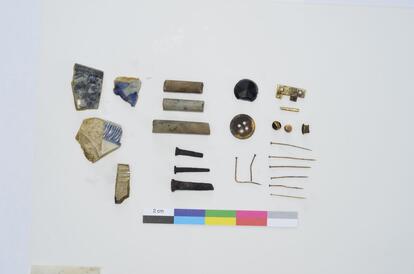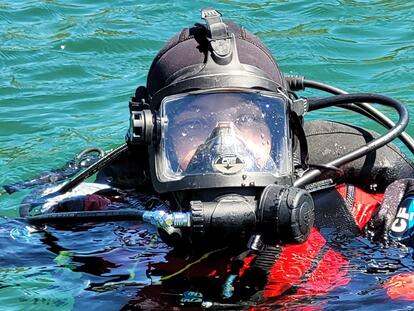Archaeological Project Management
Thanks to its team of specialized archaeologist and professional divers, MHUARI can undertake various maritime and underwater archaeology projects. MHUARI can also be involved in urban development projects requiring an expertise in submerged cultural heritage.
Archaeological Potential Study
A prospect assessment is usually the first step of an archaeological project as it gives the opportunity to determine the archaeological potential of an area. Such potential is determined through the study and analysis of available maps as well as the documentation of the human occupation and previous archaeological research. After this step, we can create a prioritization of areas where the potential is the highest in terms of possible archaeological discoveries. A report is then written with the appropriate recommendations regarding the project that is envisioned.
Since 2016, MHUARI has contributed to multiple potential studies. Our researchers have also worked in collaboration with other terrestrial CRM companies to offer a complete vision of the archaeological potential when the project is in relation to both land and submerged areas.


Maritime, Coastal, Intertidal or Submerged Archaeological Inventory
Archaeological inventory includes the verification in the field of the various potential zones identified during the potential studies. Inventories are conducted with surveys and diving campaigns when necessary. Remote-sensing is often essential during this phase to assess the presence of archaeological sites on submerged landscapes.
Since 2016, MHUARI has contributed to multiple inventories, both in the rivers, the lakes and the Saint-Lawrence River. Following these inventories, MHUARI offers its help and support as well as recommendations regarding the next steps for a project to ensure that the submerged cultural heritage is protected and applicable laws are respected.
Archaeological Excavations
The archaeological excavation of a submerged site requires important human, material and financial resources as it is the phase of a project where numerous archaeological data can be systematically recovered and analyzed. During the excavation, archaeologists document cultural remains with the help of drawing, photos, video, stratigraphic documentation and georeferencing. After the excavation, the site must be protected and the artefacts need to undergo conservation treatment.
The excavation necessitates thorough logistical groundwork to ensure that every aspect of the project is designed from the methodological, scientific and legal perspectives. With its professional team, MHUARI can conduct archaeological excavations according to the highest standards of the discipline and employing the best practices as recognized by international institutions such as the UNESCO’s Convention on the Protection of the Underwater Cultural Heritage.

Outreach
Communicating on the importance of the archaeological discoveries is an important part of any project. It provides the opportunity to share with the public and the spread information. Since its foundation, MHUARI has worked on multiple outreach projects with museums as well as teaching institutions, historical societies and various other groups.

